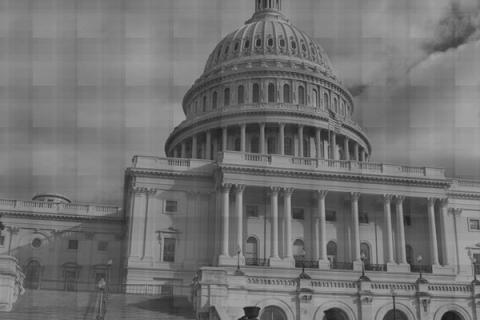February 1 has come andgone, and the California government has not yet shut down.
Walkingaround the typical California town, one could even go so far as tosay that things feel exactly the same way they did before February 1.
Why February 1, you might be asking?
It was the doomsday predicted by some California governmentleaders as the day by which if the state budget issue wasn'tresolved, things would start to change, the state would go broke, andthe government might have to shut down. Judging by the successfulmail delivery today, things haven't gone completely to, well, abad place.
February 5 marked thebeginning of furloughs for about 200,000 state employees. Not great,but jobs were not lost in the process. February 11 marked thepossibility of a turning point, as representatives from thegovernor's office and state officials divulged that a budget"framework" had been agreed upon. (February 11 alsomarked the 98th day of the legislature's "failureto act," as counted down by the governor's office, andalso came two days before the threatened state employee layoffs wereto begin).
Unfortunately, some ofthe unofficial details of the framework were more upsetting andcomforting. If true, Californians will face some rather ugly details.On top of current financial woes, residents may also see 2.5 percentincrease in property taxes, an increase in the sales tax and a $0.12increase in the gas tax, among other things.
The governor knowsbetter than anybody at this point just how stretched the resources ofthe California budget are: as it is, the state is staring at a$42 billion price tag, and that estimate isn't even agenerous one. The governor has still managed to speak out on theimportance of green energy and decreasing fuel emissions over thelast month, but as a pragmatist, he must realize that loftyideals cannot come before what is necessary. In a statement earlier last month, the governor discussed the delays ininfrastructure projects because of funding woes.
If state politiciansdon't get serious, and get serious fast about the budget,Californians will be forced out of their comfort zones as politiciansare forced to face some harsh realities: Even more jobcuts, a populace with fewer extraneous dollars to spend and importantchoices ahead of what programs are integral and which need to be cut.This is not a time to begin personal projects, but to come togetheras responsible citizens and fix the problem at hand. Spending onprojects with little to no immediate yield is irresponsible in theworst way.
Our state's total financial collapse may not have arrivedon February 1, but that's not to say it's not stillheading this way.
